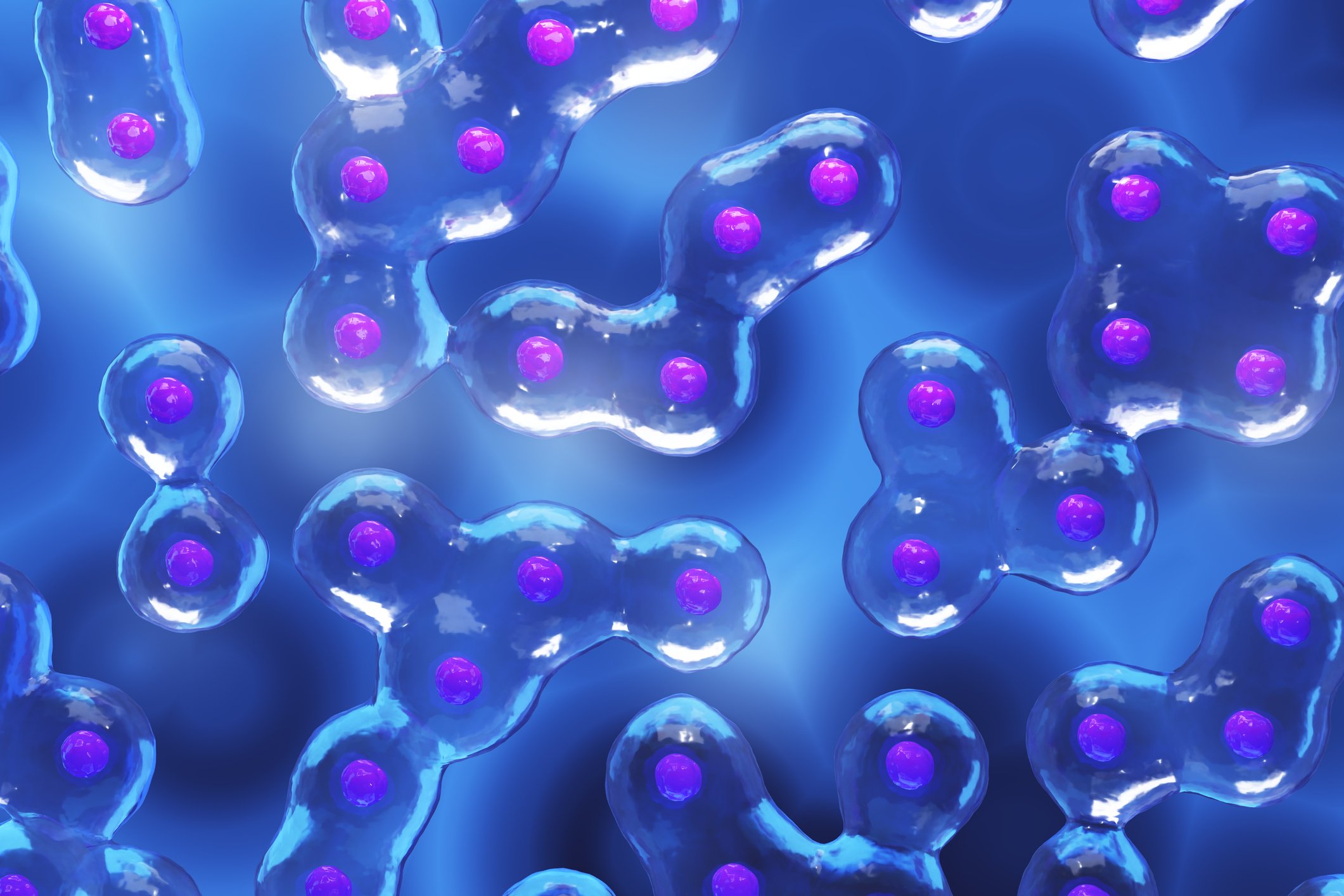After heart transplantation, it is mandatory to suppress the immune system. There is a risk of rejection of the new organ. However, this also means that degenerated cells can no longer be combated equally effectively.
To prevent the new organ from being rejected, permanent immunosuppression is normally required. New findings and advances in recent years have further increased the chances of survival. But the danger now lurks elsewhere. Patients who receive a new heart are more likely to face a cancer diagnosis later than others (not to mention the risk of infection) precisely because of immunosuppression.
These concerns have been around for a long time. Especially in donor kidney recipients, the risk of developing skin cancer has been studied in detail. However, transplanted thoracic organs pose the greater risk due to more intensive immunosuppressive regimens. In fact, the incidence of skin cancer (and especially basal cell carcinoma and squamous cell carcinoma) is increased 65- to 250-fold in cardiac recipients compared with the general population.
A registry study has now looked very closely over time, examining data from nearly 18,000 heart transplant recipients for the development of a de novo tumor.
One in ten transplant recipients affected after five years
The International Heart and Lung Transplant Registry (ISHLT) revealed a 10.7% risk of developing a de novo solid tumor in the five years following heart transplantation. These patients had, as expected, consecutively significantly worse survival (p<0.0001). The rate generally dropped to 40-60% at five years, compared with about 80% for non-cancer patients.
In the observed years 2006-2011, the incidence increased significantly compared to 2000-2005 (mainly due to skin cancer), from 10% to 12.4% in general, and from 6.4% to 8.4% for skin cancer. Therefore, the tumor risk of transplant recipients during this period was also higher – the same was true for older recipients.
There was no temporal relationship to a specific tumor type. The cumulative incidence of skin cancer – initially the “territory” of the new immunotherapies – was 7%, that of other solid cancers 4%, and of lymphoproliferative tumors 0.9%.
What can we do?
One in ten heart transplant patients is diagnosed with cancer shortly after the successful operation. This group of patients should therefore receive individualized cancer screening and, if necessary, follow specific immunosuppression strategies (depending on the risk of degeneration). Studies would have to examine whether this could reduce the malignancy rate.
One thing should be noted, however: In such a retrospective study, factors that influence both cancer risk and survival play a crucial role. First and foremost, age, but also smoking, etc. The increase in cancer incidence may indeed be due to the more frequent use of certain immunosuppressive regimens. Equally conceivable, however, is a development analogous to the general population, which is the case, for example, with skin cancer (where there is a general increase in incidence). Alternatively, more and more elderly people are being referred for transplantation.
In a nutshell
- A suppressed immune system fights degenerated cells insufficiently.
- Five years after heart transplantation, therefore, one in ten develops cancer.
Source: Youn JC, et al: Temporal Trends of De Novo Malignancy Development After Heart Transplantation. Journal of the American College of Cardiology 2018; 71(1). DOI: 10.1016/j.jacc.2017.10.077.
InFo ONCOLOGY & HEMATOLOGY 2018; 6(3): 4.











